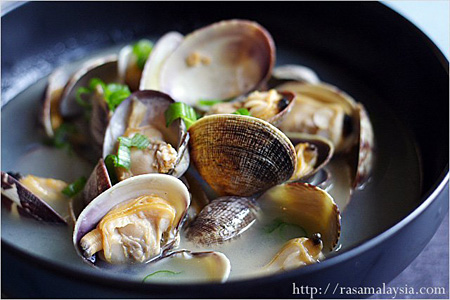Drinking culture in Japan (Jee In Chung)
I used to think it was strange that the dialogues in my Japanese language textbooks showed businessmen in suits going out for a beer after work. But studying in Japan, I’ve grown accustomed to seeing groups of briefcase-toting men heading off to bars as I rush home from my classes.
 More socially respectable than in the West, beer culture in Japan is mostly about social bonding among colleagues. After a day of hard work and stress, businessmen and white-collar workers unwind by drinking beer and talking about sports, politics, or their private lives. At such gatherings, it is unusual for anyone to get drunk. There is no pressure to down enormous quantities of alcohol. Instead, beer is consumed at a relaxed pace, usually accompanied by substantial quantities of food.
The most popular places to drink beer are the izakaya (居酒屋), bars where the food far outclasses typical Western bar or pub grub. Platters of yakitori, kushiyaki, sashimi, karaage and edamame are inexpensive, plentiful, and almost always delicious. Japanese drinking culture perhaps explains why it is unusual to see men with beer bellies here. Although Japan leads Asian countries in per-capita beer consumption, the average Japanese drinks less than half as much beer as the average German or Australian. Still, beer accounts for two thirds of all the alcohol consumed in Japan.
Four major brewers – Kirin, Suntory, Sapporo, and Asahi – dominate the Japanese market. In recent years their brands have become familiar around the world, alongside the iconic European labels. However, over 200 microbreweries have sprung up across Japan in recent years
More socially respectable than in the West, beer culture in Japan is mostly about social bonding among colleagues. After a day of hard work and stress, businessmen and white-collar workers unwind by drinking beer and talking about sports, politics, or their private lives. At such gatherings, it is unusual for anyone to get drunk. There is no pressure to down enormous quantities of alcohol. Instead, beer is consumed at a relaxed pace, usually accompanied by substantial quantities of food.
The most popular places to drink beer are the izakaya (居酒屋), bars where the food far outclasses typical Western bar or pub grub. Platters of yakitori, kushiyaki, sashimi, karaage and edamame are inexpensive, plentiful, and almost always delicious. Japanese drinking culture perhaps explains why it is unusual to see men with beer bellies here. Although Japan leads Asian countries in per-capita beer consumption, the average Japanese drinks less than half as much beer as the average German or Australian. Still, beer accounts for two thirds of all the alcohol consumed in Japan.
Four major brewers – Kirin, Suntory, Sapporo, and Asahi – dominate the Japanese market. In recent years their brands have become familiar around the world, alongside the iconic European labels. However, over 200 microbreweries have sprung up across Japan in recent years  to give beer-drinkers a wider range of choices. In addition to the informal, small-group beer culture of the izakaya, many Japanese participate in the more formal drinking culture of the company-organized “after-work party.” Because managers are present at such parties, employees are not free to speak or behave as they wish. There is often social pressure to get drunk and entertain others. However, the monthly after-work party does not represent everyday Japanese drinking culture.
For a student on a budget like myself, Japanese drinking culture been a great discovery. You do not have to be a heavy drinker to follow the suits into the izakaya for a glass of beer and plenty of great inexpensive food.
to give beer-drinkers a wider range of choices. In addition to the informal, small-group beer culture of the izakaya, many Japanese participate in the more formal drinking culture of the company-organized “after-work party.” Because managers are present at such parties, employees are not free to speak or behave as they wish. There is often social pressure to get drunk and entertain others. However, the monthly after-work party does not represent everyday Japanese drinking culture.
For a student on a budget like myself, Japanese drinking culture been a great discovery. You do not have to be a heavy drinker to follow the suits into the izakaya for a glass of beer and plenty of great inexpensive food.

No comments:
Post a Comment